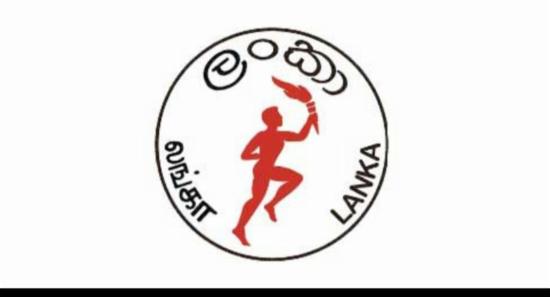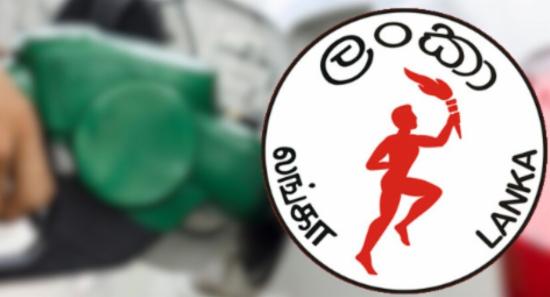.webp)
-752951.jpg)
Sri Lanka's inflation drops to 2.5% in March
(Reuters) - Sri Lanka's consumer price inflation dropped to 2.5% in March from 5.1% in February, official data showed on Monday, as the impact of a higher sales tax needed to meet targets set under a $2.9-billion IMF programme receded.
The National Consumer Price Index (NCPI) (LKNCPI=ECI). captures broad retail price inflation and is released with a lag of 21 days every month.
The decrease was largely driven by a 22% cut in power tariffs last month for households, ensuring prices in the non-food category rose only 0.7% in March versus 5.1% in February.
Food prices stayed unchanged at 5% in March from February on the year, the Department of Census and Statistics said in a statement.
"We are hoping that for the next three months inflation will remain below the target level of 5%," said Shehan Cooray, head of research at Acuity Stockbrokers.
Sri Lanka racked up record high inflation that peaked at 70% in September 2022 after its economy was pummelled by the worst financial crisis in decades, triggered by a plunge in foreign exchange reserves.
The Indian Ocean nation secured a $2.9-billion bailout from the International Monetary Fund (IMF) last year, helping to temper inflation, boost state revenues, and rebuild foreign exchange reserves after its economy crumbled in 2022.
The World Bank raised its forecast for Sri Lanka's economy by 0.5% this month, projecting growth of 2.2% for 2024.
"We expect growth to be higher, possibly about 3%, as the last quarter of 2023 grew by 4.5%," Cooray added.
Slowing inflation has also prompted the Central Bank of Sri Lanka (CBSL) to cut policy rates by 700 bps since last year to help the economy return to growth.
Other Articles
Featured News





.png )
-782345_550x300.jpg)
-782339_550x300.jpg)






-782187_550x300.jpg)

-781110_550x300.jpg)









.webp)






